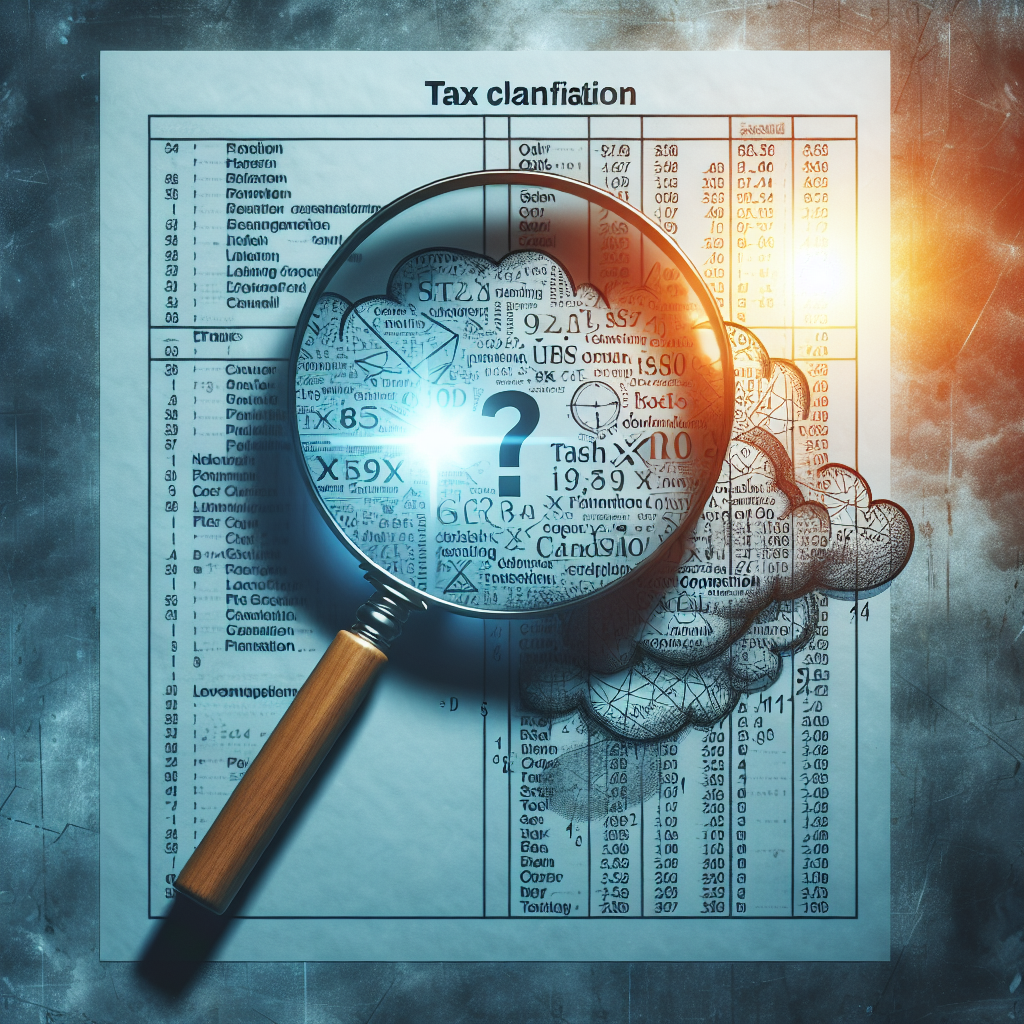Labour's School Policy: A Taxing Change for Privileged Education
Britain's new Labour government is removing a tax exemption for private schools, potentially raising fees by 20%. This policy aims to fund public education by raising up to 1.5 billion pounds annually. Critics warn it may pressure the state system as private school attendance may drop due to higher costs.

Britain's new Labour government is set to remove a longstanding tax exemption for private schools, a move that could see school fees rise by 20%. This policy, effective from January, aims to bolster public education funding, raising up to 1.5 billion pounds annually to pay for 6,500 new state school teachers and increase the public school budget by 2%.
However, the change faces criticism. Parents like Mark Manwaring-White, who planned to retire, now find themselves continuing to work to afford the higher fees. Critics argue this policy could pressure the public school system, as some private school students may switch to state schools to avoid higher costs. Despite these concerns, Labour believes it can mitigate the fallout, citing public support for the measure.
Private schools, deeply entrenched in British society, face a potential drop in attendance. The Institute for Fiscal Studies projects a decline of up to 7%, or around 40,000 pupils. This anticipated shift could strain already stretched state resources. As debates continue, the Labour government remains committed to its goal of reducing educational inequality and boosting funding for ailing public services.
(With inputs from agencies.)










